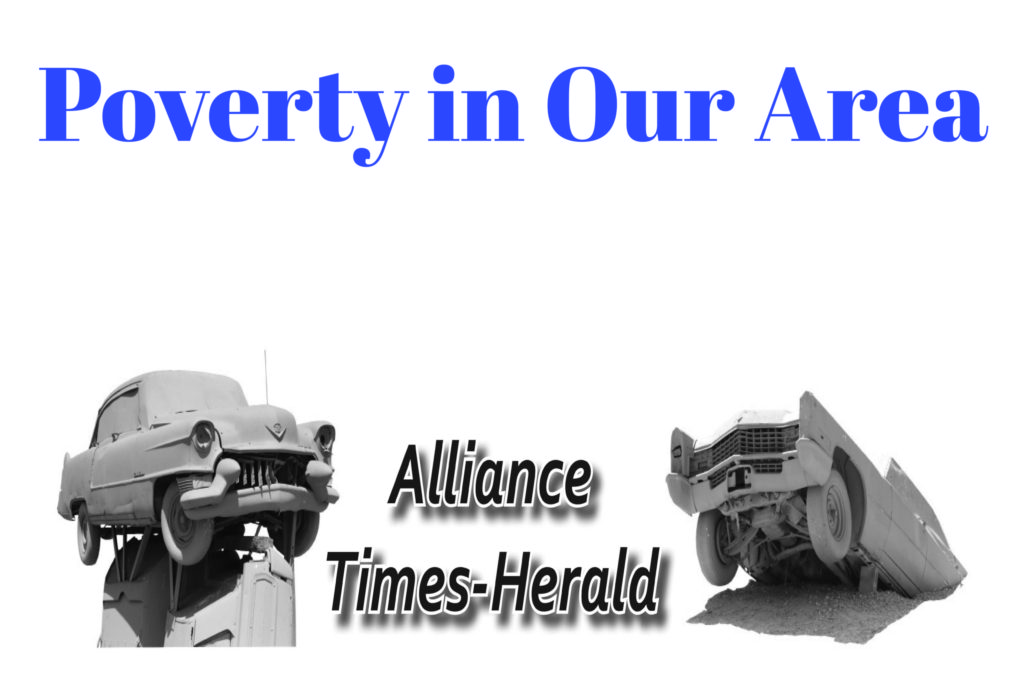Yet another mailer from Keep the Money in Nebraska has arrived, urging us to vote for Initiatives 429, 430, and 431. These initiatives would legalize gambling, create a gaming commission, and tax casino revenue. A look at research shows that gambling preys on people who live in poverty.
The Nebraska Family Alliance points out that the business model for casinos depends on blatantly exploiting the poor, financially desperate, and the addicted. Gambling operations cannot survive without these citizens.
The three initiatives would be approving casinos at horse tracks like the ones currently operating out of Omaha, Lincoln, South Sioux City, Columbus, Hastings, and Grand Island. Nothing prohibits the creation of more tracks. Voters should also recognize that any approval of gaming in Nebraska authorizes casinos on Native American land. Full-blown casinos could be built not only at racetracks, but anywhere Native American tribes own land in Nebraska—whether at a racetrack or not—permitting slot machines and casinos to be set up across the entire state.
Governor Ricketts talked about the human toll of gambling in his September 29 address. He said, “Casinos often come with false promises of economic opportunity and tax relief. Supporters of gambling make grand claims that casinos will relieve poverty and generate huge revenues for the state. In reality, casinos fail to deliver on these promises. A study in the American Indian Law Journal examined casinos operated by over 20 Native American tribes in the Pacific Northwest between 2000 and 2010. Originally touted as a solution to poverty, these casinos actually raised the mean poverty rate from 25% to 29%. For example, the Siletz tribe in Oregon saw its poverty rate balloon from 21% to 38% after a local casino opened.
“The Open Door Mission in Omaha has seen firsthand the poverty caused by compulsive gambling. Before casinos came to Council Bluffs, only about nine percent of the homeless people Open Door serves came to them due to gambling. After the casinos, about 36 percent of those served say their homelessness is due to gambling addiction.”
In 2003, a study commissioned by the Omaha Chamber of Commerce concluded that just one casino operating in Omaha would increase gambling losses in the Omaha metro area by 66% and result in $132 million in social costs while providing only $29 million in revenue to the state.
Economists have found that casino gambling creates more gambling addicts than jobs, and states must pay $3.00 in social costs for every $1.00 in tax revenue generated.
In 1992 Nebraskans voted to establish a state lottery, with 1% of the income designated to help people with gambling problems. The Nebraska Gamblers Assistance Program provides counseling services to Nebraskans with a gambling problem and has served over 800 people in the last two years. According to their report which came out this summer, 62% said gambling caused financial distress (foreclosure, eviction, bill collection, bankruptcy) in last 12 months. Gambling debts represented 45% of their annual gross income. 9% said gambling caused harm to children in the family in last 12 months. 27% considered violating the law to support gambling. And 31% considered ending their life in the last 12 months. These are horrifying statistics.
People who live in poverty often have not learned to manage their finances responsibly. Gambling creates an illusion that a person can easily win big, and all their financial problems will disappear. In fact, 44% of Powerball lottery winners are bankrupt within five years. There is no evidence of financial responsibility, that a person will know how to manage that money.
Pro-gambling advocates point out that Nebraskans spend around $320 million gambling in Iowa and South Dakota. Most of that money could be kept in Nebraska and thousands of jobs could be created by expanding horse racing and casinos in our state. With increased jobs and taxes on income and gambling earnings, we could see property tax relief.
The Governor says that passage of these initiatives will create more poverty problems for our state. Keep the Money in Nebraska says the jobs, income, and tax relief are worth the risk. Consider both sides of the issue before you cast your vote on Initiatives 429, 430, and 431.

